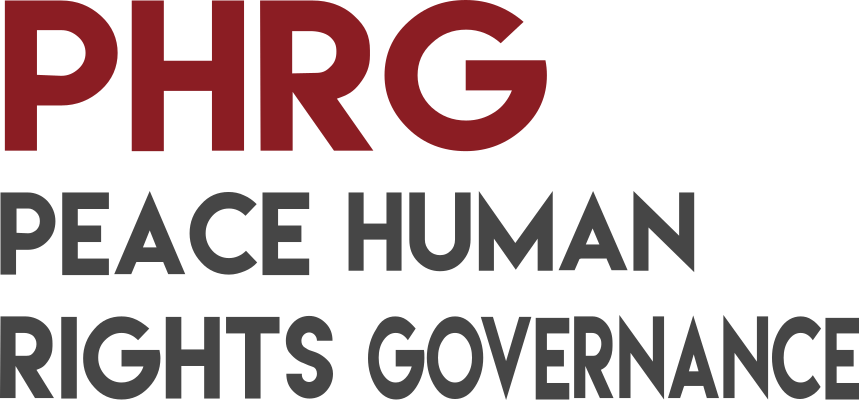Abstract
The intervention of the international community into the developments of the Libyan civil war in 2011 has presented the scholarship with the chance to analyse an exemplary case of application of the principle of Responsibility to Protect. The authors of this research inquire into the theoretical background of this principle, examine the way it was implemented in Libya, discuss the political, legal and moral sides of the phenomenon and scrutinize the impact of the 2011 intervention on the dramatic events witnessed in the country thereafter. The authors support their speculations on the latter issue by conducting the analysis of the problems related to the uncontrolled refugee situation in Libya and the reaction of the international community to this matter within the context of the implementation of the principle of Responsibility to Protect. The paper proposes instances of reform for the institutional apparatus implementing Responsibility to Protect, concrete tools for addressing the current refugee crisis in Libya and set the marker for further research
Download
Cantini N., Zavialov D. (2018) "Fixing Responsibility to Protect: Lessons from and Proposals for the Case of Libya
", Peace Human Rights Governance, 2(1), 75-96. DOI: 10.14658/PUPJ-PHRG-2018-1-4
Year of Publication
2018
Journal
Peace Human Rights Governance
Volume
2
Issue Number
1
Start Page
75
Last Page
96
Date Published
03/2018
ISSN Number
2532-3474
Serial Article Number
4
DOI
10.14658/PUPJ-PHRG-2018-1-4
Section
Articles

 © 2026 Padova University Press - Università degli Studi di Padova
© 2026 Padova University Press - Università degli Studi di Padova